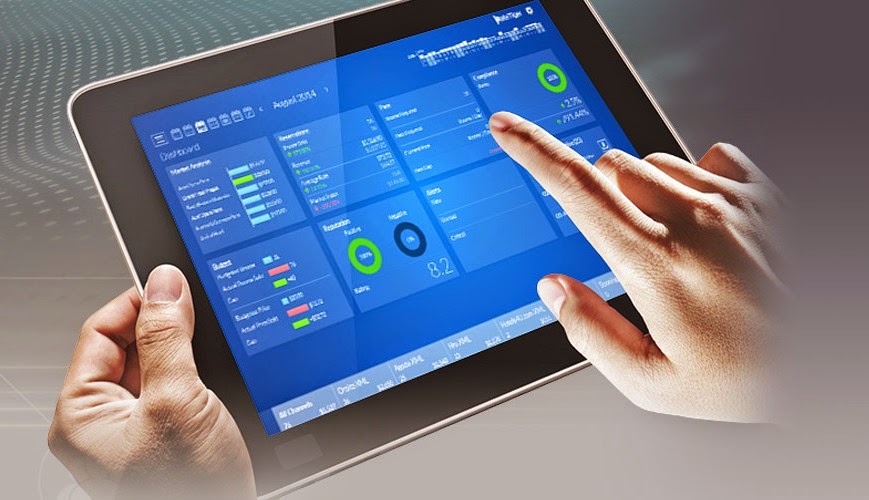There are two types business organizations today – one who rely on incorporate business intelligence in their decision making process and another who still relies on ‘gut’ feeling. At a time when we live in a perpetual state of hyper-competition, organizations which are using business intelligence to get key insights are responding more quickly to correct things that may be problematic.
Business analysts predict that bad data or poor data quality costs US businesses $600 billion annually. According to Gartner, poor data quality is a primary reason for 40% of all business initiatives failing to achieve their targeted benefits. With advanced analytics, they can improve their revenue by 10 – 20%.
Wikipediadefines Business Intelligence as the set of techniques and tools for the transformation of raw data into meaningful and useful information for business analysis purposes. BI makes easy interpretation of large volumes of data which helps businesses identifying new opportunities and implementing an effective strategy based on insights. Sharlock Holmes has summed it up long time back, “Data! Data! Data! I can’t make bricks without clay”. BI does exactly that – builds insights by placing data at the right place.
Internet has been a great leveler in narrowing the information gap. Today’s customers are empowered with ample sources to get information on almost everything they want to know, social media for peer feedback and mobile connectivity to stay up to date even on the go. To say that we at hospitality industry are finding it challenging to cope up with changing guest behavior would be an understatement. British Airways paid a heavy price when a disgruntled customer bought promoted tweet to complain about their customer service, which became global news. In recent times United Airlines and Air India had to face lot of flak when videos on their customer service went viral in social media.
This constant scrutiny has forced us in the hospitality industry to continuously adjust and refine our marketing strategies. Let’s face it – we are dealing with the multifaceted traveler whose preference changes depending on type of trips. He might not need high-speed internet during his family vacation, but for his business trip that’s an absolute necessity. The way people plan trips is also changing.
Google, which has done a detailed study on consumer’s purchase path, has identified how different marketing channels such as email, social media, display ads, direct search, referrals, paid and organic search add different values to the customer at different stages. Some channels will act more as an assisting interaction, i.e. by building brand awareness – these are the channels which make a customer consider a brand while others will act further downstream, when the customer’s decision and transaction, is made. For hotels it has become imperative to understand guest buying behaviors, price elasticity and changing market dynamics for yielding the optimum rate from the most desired consumer set.
Organizations need to capture information at every stage and correctly analyze it to get the right strategy in place. However this is easier said, that done. In this era of information explosion, hoteliers are overloaded with data, but not enough understanding to map them to business needs. Clearly the problem has shifted to making sense of the data which is far more complicated than gathering information.
This is where business intelligence comes in. Data becomes valuable only after it is shaped into insights, and when those insights inform the key decision processes that lead to better outcomes. We at eRevMax, view business intelligence as something much more than a technology with an ROI; it’s a transformational phenomenon that will fundamentally change how business will be conducted and decisions made.



